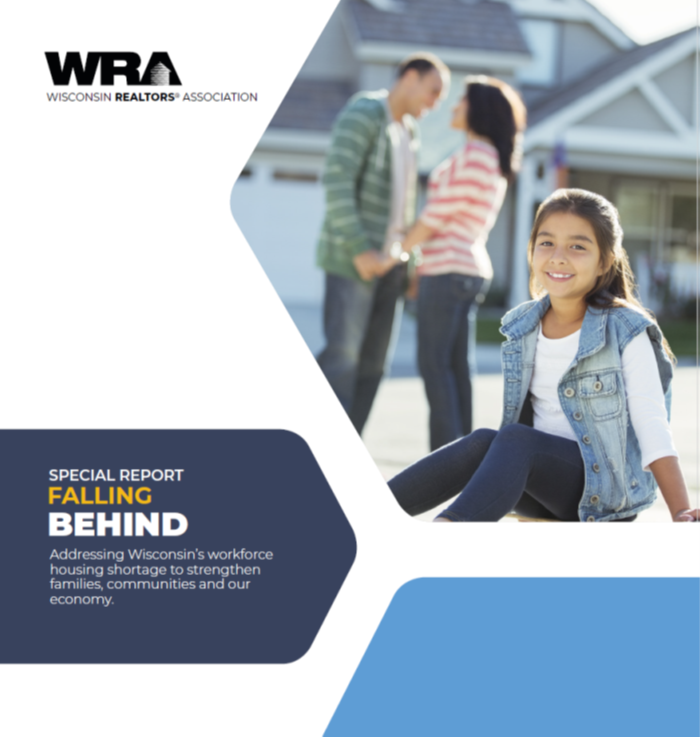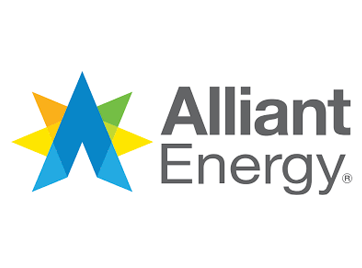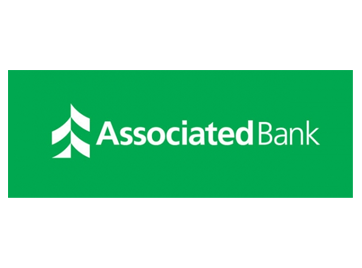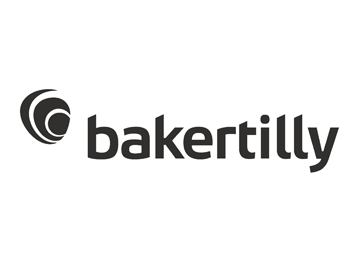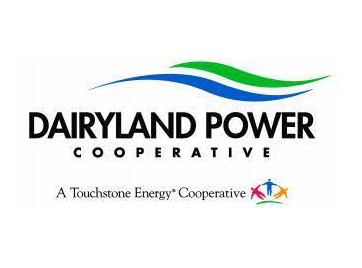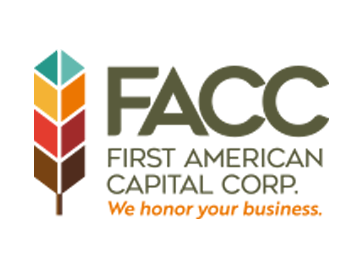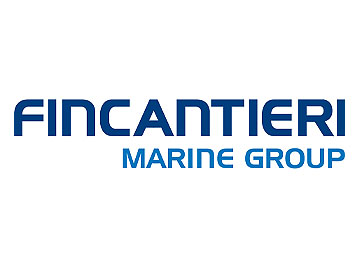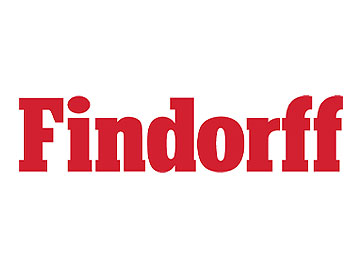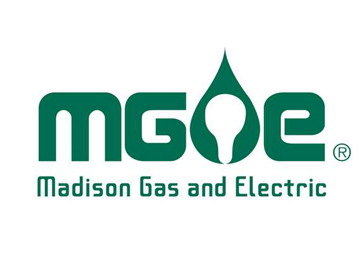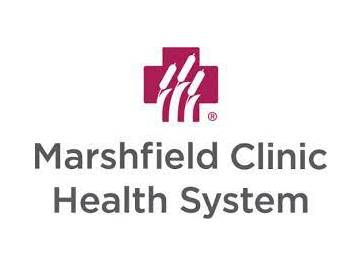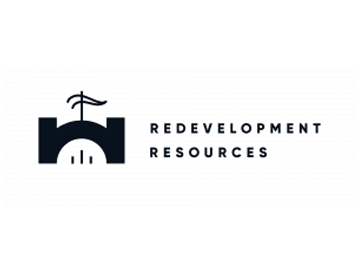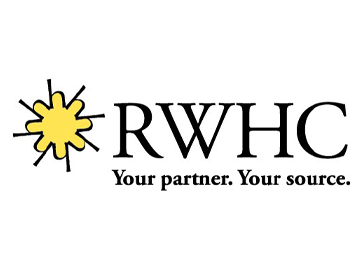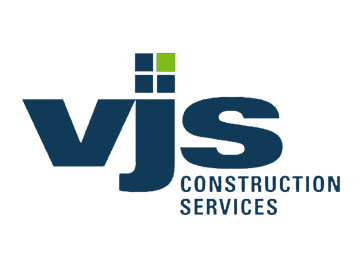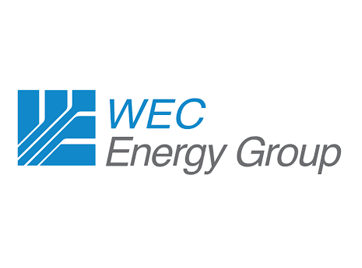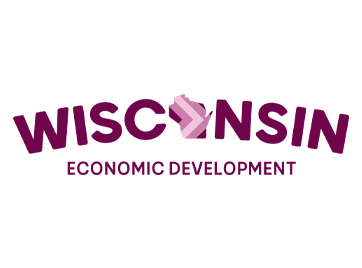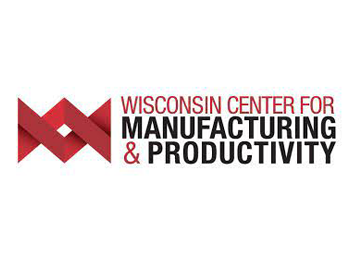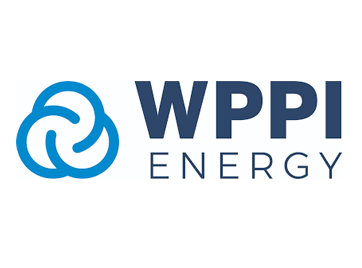Two New Studies Latest to Point Out Wisconsin’s Workforce Challenges
Business expansion and economic growth is highly dependent on the presence of a strong talent pipeline. Unfortunately, several factors have limited Wisconsin’s ability to build a sufficient workforce to meet the current and future needs of businesses across the state. Among them are record-low unemployment, lackluster in-migration rates and the lack of available workforce housing.

Two recently released studies paint an ominous picture for the furture of Wisconsin’s labor shortage, one that examines Wisconsin’s aging population and inability to attrract new workers to Wisconsin and another that speaks to the state’s inadequate housing supply that makes it much more difficult to attract talent from outside our borders.
A report recently released by the Wisconsin Policy Forum outlines Wisconsin’s concerning demographics that show the state’s working-age population is decreasing while the state’s youth population continues to shrink.
According to the report, Wisconsin’s Workforce Challenges Intensify, the state has had rapid growth in it’s senior population, but almost no growth among those of working age (18-64), who are critical to the state’s productivity and ability to fill and create jobs. Demographic changes can have a profound effect on an economy, and according to the report, Wisconsin’s population changes indicate there is an “impending storm” on the horizon.
Highlights from the report include:
- After peaking at 3.6 million, Wisconsin’s working-age population has decreased by over 35,000 (or 1%) since 2011.
- The state’s working-age population has declined slightly in each of the last four consecutive years.
- Wisconsin’s population of youth under the age of 18 has also decreased in recent years – a drop of 45,000 (or 3.4%) since 2011.
- The state’s birth rate is at its lowest point in at least a generation.
- The WI Department of Workforce Development projects that between 2016 and 2026, total jobs in Wisconsin will increase by 210,178 (6.8%), and many more job openings will be created as baby boomers continue to retire.
- State projections also show virtually no growth in the state’s working-age population through 2040.
The second study, Falling Behind, released by the Wisconsin Realtors Association (WRA) earlier this month shows a severe workforce housing shortage and highlights the need for bold bipartisan action now to address this growing concern. From a high of more than 30,000 single-family home permits authorized in 2004 to fewer than 12,500 permits authorized in 2017, Wisconsin is on the cusp of not being able to adequately provide housing for today’s growing workforce needs.
The detailed report, authored by University of Wisconsin-Madison professor of urban and regional planning Dr. Kurt Paulsen, Ph.D., AICP, showcases the primary causes of the workforce housing shortage and the subsequent results that this shortage brings to the state of Wisconsin.
The three main causes of the workforce housing shortage identified by the report include:
- Not building enough homes to keep up with population and income growth.
- Construction costs outpacing inflation and incomes.
- Outdated land use regulations that significantly drive up the cost of housing
The results of these root causes of the workforce housing shortage bring about the following consequences:
- Housing costs on the rise.
- A severe decline in homeownership.
- A continued decline in overall housing affordability.
The report outlines a number of goals to address the issue, including building more housing, increasing housing choice diversity, rebuilding and strengthening homeownership, reinvesting in older housing stock and neighborhoods, and making housing a priority.
The key to solving Wisconsin’s housing crisis rests mostly with market-based solutions and creativity by stakeholders at the local level. However, the Legislature and statewide policies could also play an important role in easing the housing crunch and the negative impact it has had on talent attraction efforts and additional economic growth.
To help keep and attract young talent and retain our current businesses, WEDA has proposed several legislative initiatives to help solve the growing problem.
Among the legislative proposals WEDA is pursuing is the creation of a sales tax exemption on construction materials, supplies and equipment used in the development of workforce housing. We are also working on two TIF-related housing bills:
- Community Housing Stock Improvement Bill – Under current law, a municipality can extend the life of a TID by one year if the increment is used to improve housing stock within the community. This bill would increase the housing improvment TIF extention option from one year to three years.
- TIF Housing Expansion Bill – Under current law, mixed-use TIDs can incur costs for property/projects proposed for residential use. However, only 35 percent of the TID can be used for residential purposes. This legislation would increase the amount of property that can be used for residential purposes in a mixed-use TID to 50 percent.
In addition to WEDA’s efforts, a group of key state legislators are working on a broad package of workforce housing legislation, which will include our workforce housing sales tax exemption proposal. WEDA has had an opportunity to review preliminary drafts of the other bills that may be included in the WisWorks Workforce Housing Initiative:
Housing Rehabilitation Tax Credit
This proposal would create an individual income tax credit for expenses related to the rehabilitation of older single-family homes.
Under the bill, individuals may claim a refundable tax credit that is equal to 10% of the amount the claimant spent on eligible home rehabilitation construction expenses.
To be eligible for the tax credit:
- The initial construction of the single-family home to which the tax credit claim relates must have been completed before 1980; and
- The home to which the credit relates must have a fair market value that does not exceed the county median price for single-family homes.
The legislation requires tax credit claimants to be full-year residents of Wisconsin. The bill specifies the tax credit cannot be claimed until the home rehabilitation project is complete.
Workforce Housing Tax Credit
The proposed legislation is based loosely on the state’s low-income housing tax credit program (which mirrors the federal LIHTC program). The bill would create a transferable, non-refundable income tax credit for workforce housing projects. The tax credit, which would be administered by WHEDA, would be capped at $10 million – funded by a one-time transfer of WHEDA surplus funds. Individual tax credits may not exceed 50% of the total workforce housing project cost. The program sunsets on Dec. 31, 2021.
To be eligible for the tax credit:
- The project must be in a rural county, defined as a county with a population density of less than 155 people per square mile.
- There must be a need for additional manufacturing workers in the area.
- The lack of available workforce housing in the area is an obstacle to the efforts of manufacturers to fill open jobs.
- The project is built for occupants that have a household income that will satisfy income guidelines for the WHEDA home mortgage program.
- The individual/project must first exhaust all available funding from CDBG programs, TIF financing and other WEDA financing programs.
The individual applying for the tax credit must be:
- The lender financing the project;
- The developer; or
- The business that is having the project built
Affordable Housing Donation Tax Credit
This legislation would create an affordable housing donation income tax credit administered by WHEDA.
Under the bill, transferable, non-refundable tax credits would be allocated to non-profit organizations that undertake an affordable housing project or a workforce housing assistance program and accept donations to cover costs for those projects.
The legislation authorizes a nonprofit organization that is allocated tax credits by WHEDA to transfer the credits to an individual who donates at least $10,000 to the nonprofit organization. The amount of tax credits transferred to an individual cannot exceed 50% of the individual’s total donations to the non-profit during the taxable year.
The total amount of credits WHEDA can allocate to qualified non-profit organizations each year cannot exceed $11 million for affordable housing projects and $2 million for workforce housing assistance programs.
DOA Housing Reports Storage & Dissemination
This bill would require DOA to collect data from housing affordability reports and new housing fee reports. The purpose is to provide greater transparency and create a “one-stop-shop” for developers, homeowners and other stakeholders to review a municipality’s housing fees.
The WisWorks package is expected to be officially introduced next month. The WEDA Government Affairs Team has fully analyzed the proposals and are encouraged by lawmakers’ interest in this important issue. Once introduced, WEDA will fully engage in the process, working to support and/or imporve the bills as they are debated by the Legislature.


